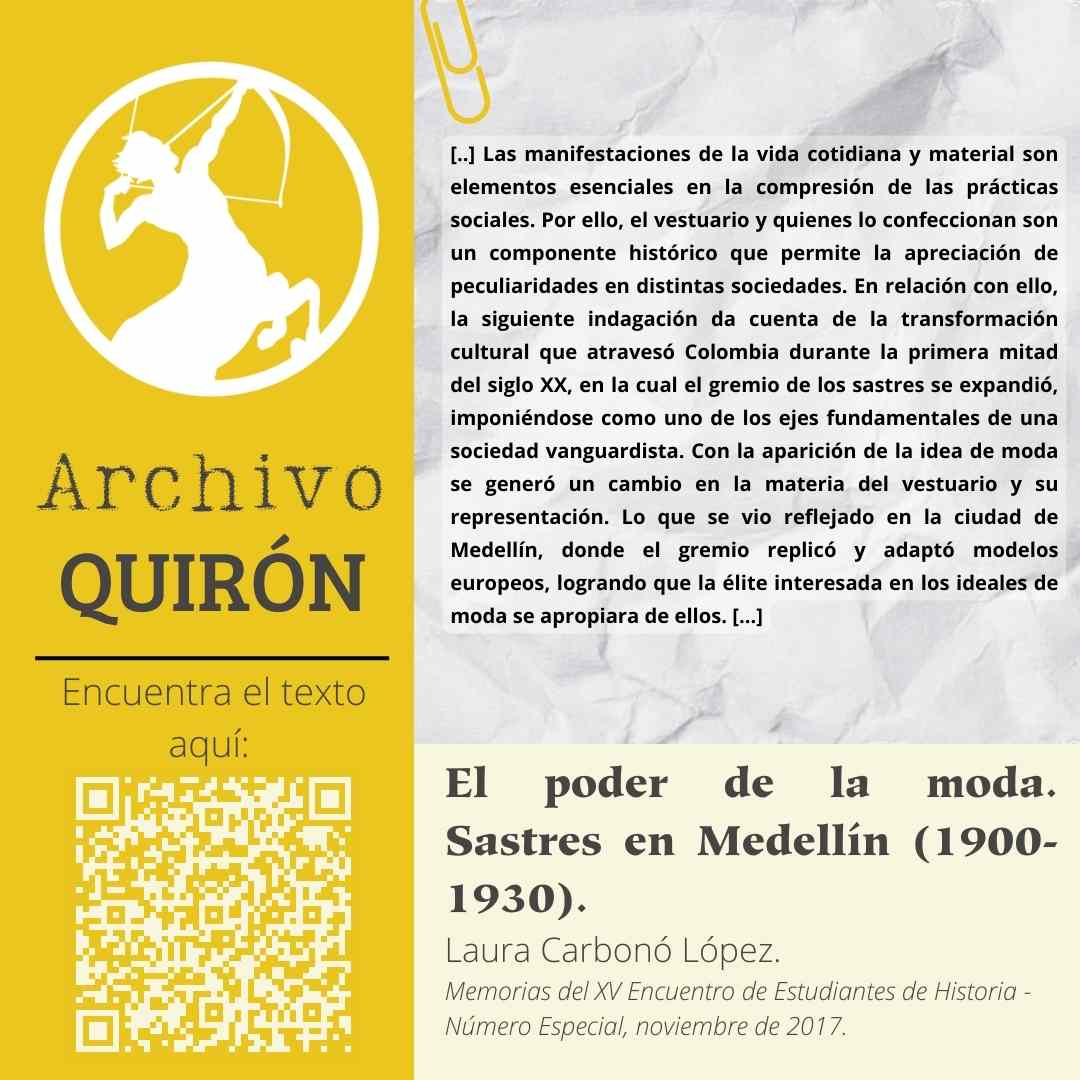La Español
Keywords:
EspañolAbstract
Throughout the text is exposed the relevance of the concept of historical memory to account for historical processes considering the facts and conditions that define the present time. The use of historical memory in teaching-learning processes of new citizens is essential for the significant understanding of both the fundamental historical facts that are a constitutive part of the reproduction of collective identity and the facts that are happening in the historical context in which that are found and that would only make sense if analyzed from a historical perspective. The above is important because what is proposed is to rescue the history of the subaltern subjects in their organizational and struggle processes in order to broaden the content of those elements that allow a comprehensive explanation of the present, which could be achieved by fostering a critical and problematizing attitude of the historical circumstances experienced by the students themselves in daily life, necessarily linked to wider social contexts in which they are immersed.
References
Enrique Florescano, “Memoria e Historia”, presentación para la Cátedra Latinoamericana Julio Cortázar, Guadalajara, México, marzo de 2010.
Hernán Sorgentini, “Reflexión sobre la memoria y autorreflexión de la historia”, Revista Brasileira de História 23, n.° 45 (2003): 103-128, https://doi.org/10.1590/s0102-01882003000100005.
Jaques Le Goff, El orden de la memoria. El tiempo como imaginario (Barcelona: Editorial Paidós, 1991), 133.
Luisa Corradini, “No hay que confundir memoria con historia: la visión del filósofo y académico francés. Entrevista a Pierre Nora”, La Nación, 15 de marzo de 2006.
Marc Bloch, Introducción a la historia (México: Fondo de Cultura Económica, 1992), 38, 112.
Maurice Halbwachs, “Fragmentos de memoria colectiva”, Revista de cultura psicológica 1, n.° 1 (1991): 1-11, https://doi.org/10.5565/rev/athenead/v1n2.52.
Maurice Halbwachs, “Memoria colectiva y memoria histórica”, REIS 95, (1968): 209-219, https://doi.org/10.2307/40183784.
Michael Löwy, “El punto de vista de los vencidos en la historia de América Latina”, en Reflexiones Metodológicas a partir de Walter Benjamin. Constelaciones Dialécticas. Tentativas sobre Walter Benjamin (Buenos Aires: Herramienta, 2008), 2.
Mikel Errazkin y Rosa Martínez, coords, Trabajando con la memoria histórica en el aula. Secuencia didáctica y guía para la implementación (San Sebastián: Sociedad de Ciencias Aranzadi, Donostia-San Sebastián, 2012).
Paul Ricoeur, “Introducción. Definición de la memoria desde un punto de vista filosófico”, en ¿Por qué Recordar? Foro Internacional de Memoria, Dir. Oscar Molina (París: Ediciones Granica, 2010), 20-28.
Pierre Nora, Los lugares de la memoria (Montevideo: Trilce, 2009).
Walter Benjamin, Tesis sobre la Historia y otros fragmentos (México: UACM, Itaca, 2008), 40.
Published
Issue
Section
Copyright (c) 2019 Quiron Journal

This work is licensed under a Creative Commons Attribution-NonCommercial-NoDerivatives 4.0 International License.








